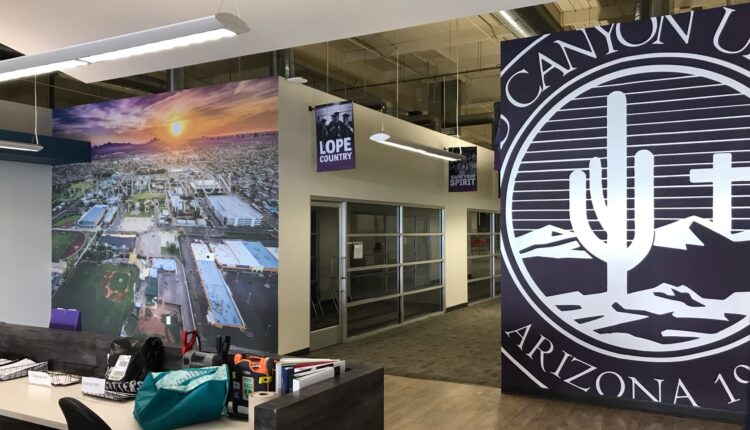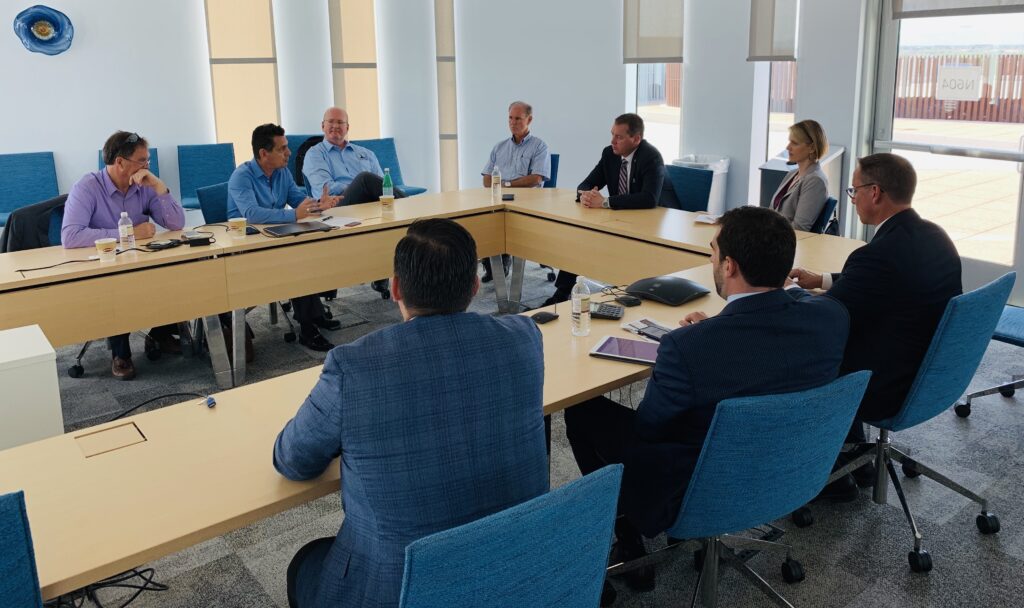
University-Small Business Partnerships: A Growing Trend with Encouraging Results for Local Communities
By Marina DeWit, Region 9 Advocate
With the U.S. unemployment rate at 3.7 percent, the lowest level in the past half century, small businesses are adjusting their employment models in ways that will attract and retain new employees. During a recent business forum in Scottsdale, Ariz., many business owners agreed that lately, “People don’t look for a job with a company as much as the company looks for people to hire.” Some small businesses are looking to improve employee morale and retention, by treating their employees, in their words, as number one customers. In addition to increased wages and benefits, small businesses have found that they can retain sought-after new hires for prolonged periods of time by creating an inclusive culture within a company and customizing job experiences for employees. Both business owners and employees understand that their skills in the current economy are in high demand, so work environment is becoming as much of a competitive factor as salary and benefits.
Some colleges and universities are taking initiative in providing small businesses with tools to expand their companies in addition to educating the future generation of employees. The University of Arizona, for example, sponsors monthly leadership forums promoting the state’s commercial space ecosystem in Tucson. A 2012 Deloitte study ranked Arizona fourth among U.S. states in aerospace industry revenues and payroll. Lower operating expenses and concentration of companies in the Tucson area make the city highly attractive for aerospace manufacturing. Aerospace roundtables at the university feature industry, military, and political speakers; provide ample time for informal networking; and host facilitated discussions for attendees. With a range of speaking topics and participation from members of the community the connection between the university and local businesses contributes to the growth of local industry. These efforts have created a symbiotic relationship between the university, businesses, and students. The groundwork conducted at the university is applied in surrounding businesses, students continue to develop ideas after graduation, and more jobs and companies are created using university research.

Other schools are also pursuing similar approaches to partnering with local companies. Grand Canyon University in Phoenix opened a new innovation center this year with entrepreneurial and employment opportunities for students. The 23,000 square foot space will become a training and education hub, as well as a co-working area for businesses that are just starting up, newly formed, or need traction. The incoming companies are required to hire Grand Canyon students in exchange for using any of the 33 offices and eight meeting rooms free of charge. As a result, companies are able to lower operation expenses, teach the skills necessary to run the business, and provide income to students. The center gives students the ability to graduate with little or no debt, and pursue post-graduate career opportunities, while benefiting local businesses.
These university and local business partnerships are a growing trend that are making a positive change in the economy, creating jobs in local communities, and providing benefits for students in the area.
Marina DeWit serves as the Region 9 Advocate for the SBA Office of Advocacy, representing small businesses in Arizona, California, Nevada, Hawaii, and the Pacific Islands of Guam, American Samoa, Commonwealth of the Northern Mariana Islands, and Trust Territories. DeWit works with small business owners, state and local governments, and small business associations to bring the voice of Region 9 to Washington DC. She can be reached at Marina.DeWit@sba.gov.
